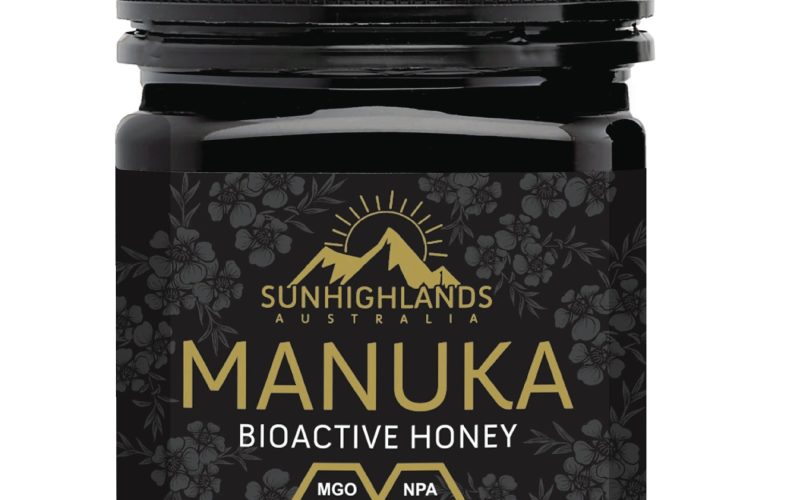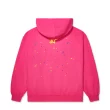Not all honey is created equal. This guide breaks down common buyer mistakes, explains how specialty honey differs, and shows you how to avoid paying premium prices for low-quality products.
The Problem with Picking the “Wrong” Honey
Honey is one of those kitchen staples that most people assume is all the same—until they actually taste the difference. For many buyers, especially those exploring specialty products like raw or medicinal honey, the excitement quickly fades once they realize they’ve spent money on something that’s more processed sugar than nature’s nectar.
You might see a sleek jar on a shelf, labeled with words like “pure,” “organic,” or “premium,” and assume it’s worth the higher price. But often, those claims mask ultra-filtered, mass-produced honey that has lost much of its nutritional value. The reality is, buying honey without understanding the differences can lead to waste, disappointment, or worse—completely missing out on the health benefits you’re after.
When the Jar Lies: Why Marketing Language Isn’t Enough
It’s easy to get drawn in by clever packaging or vague buzzwords. What’s harder is recognizing when you’re paying more for branding than for real quality. The trouble is, most people don’t realize they’ve been misled until they’ve already consumed half the jar—or worse, used it medicinally expecting results that never come.
Here are some common traps:
- “Raw” honey that’s actually been heated to the point it loses beneficial enzymes.
- “Local” honey that’s bulk-imported and only bottled locally.
- Generic brands labeled as “manuka” with no verified UMF or MGO certification.
What all of these have in common is that they look premium and charge accordingly—but fail to deliver real value.
Understanding What Sets Specialty Honey Apart
To really grasp what makes a specialty honey like Manuka worth the cost, it’s important to understand what differentiates it from regular honey.
Let’s take the common debate: _“manuka honey vs regular honey.” The key differences go beyond taste or color. Manuka honey, sourced from the nectar of the Manuka bush (native to New Zealand and parts of Australia), contains naturally occurring compounds—most notably methylglyoxal (MGO)—that give it antibacterial and anti-inflammatory properties. These properties are not present in most standard supermarket honeys.
Regular honey, even if it’s raw and unfiltered, can be fantastic in terms of flavor or use as a sweetener. But if you’re buying honey for wound care, sore throat relief, or skincare benefits, you need the real Manuka—and more importantly, you need to know it’s certified.
Case Study: A Costly Lesson in Parramatta
Let’s look at a real example from Parramatta, a growing city with no shortage of boutique health food stores. Sarah, a 34-year-old mother of two, started exploring natural remedies for her daughter’s recurring eczema. After reading about the benefits of Manuka honey for skin conditions, she visited a trendy organic market near Church Street and picked up a jar labeled “Australian Manuka – Bioactive Honey.” It cost her $49.
Frustrated, she then purchased a certified UMF 15+ jar from a reputable online source. Within a few weeks, her daughter’s flare-ups reduced significantly. That experience taught her not just the difference between products—but the cost of trusting marketing over real certifications.
How to Choose Quality Honey Without Guesswork
So how can you avoid making the same mistake? Whether you’re buying honey for general use or specific health benefits, here’s what to look for:
- Look for Certification Marks
For Manuka honey, look for the UMF (Unique Manuka Factor) or MGO rating. These certifications confirm the antibacterial activity in the honey. The higher the number, the stronger the medicinal properties. - Read the Label Carefully
Check for terms like “raw,” “unfiltered,” or “cold-extracted”—and then verify what that means. “Raw” should mean unpasteurized, but in some brands, it’s used loosely. - Buy from Reputable Sources
Specialty food stores, trusted online retailers, or direct from producers with traceable sourcing information are your safest bets. - Don’t Be Fooled by Color Alone
Some assume darker honey is always better. While Manuka is naturally dark, not all dark honeys are medicinal. And vice versa—not all light-colored honey lacks benefits. - Price Should Match Purpose
If you’re paying $15 for a large jar of “Manuka” honey, it’s probably not authentic. Genuine certified Manuka can cost significantly more—but it’s because it offers more.
The Skincare Side: When Honey Touches Your Face
Many people are drawn to honey for its topical benefits, especially in DIY skincare. But again, knowing the source matters.
For those looking to improve or maintain a honey skin tone—that warm, even complexion often associated with radiant skin—using raw or Manuka honey in masks can make a real difference. But processed honey, especially if it contains additives or has been heat-treated, can irritate sensitive skin or cause breakouts.
Stick with certified, raw products if you’re applying it to your face or body. Your skin absorbs what you put on it—so purity matters here just as much as it does in your food.
The Bottom Line: Honey Is More Than Just Sweet Stuff
Buying specialty honey can be a rewarding decision—when it’s done right. The key takeaway is this: don’t assume the label tells the full story. A little education goes a long way in making sure your money is well spent and your health goals are supported, not sidelined.
Whether you’re choosing between manuka honey vs regular honey, or hoping to nurture your honey skin tone with natural treatments, know what you’re getting. Look beyond the branding, check for proper certifications, and trust sources that specialize in real quality—not just clever marketing.
Need Expert Help Choosing the Right Honey or Natural Products?
We can point you toward trusted sources, help decode confusing labels, or recommend safe and effective ways to use honey in your home or skincare routine. Reach out anytime for advice.
📱61401384788












